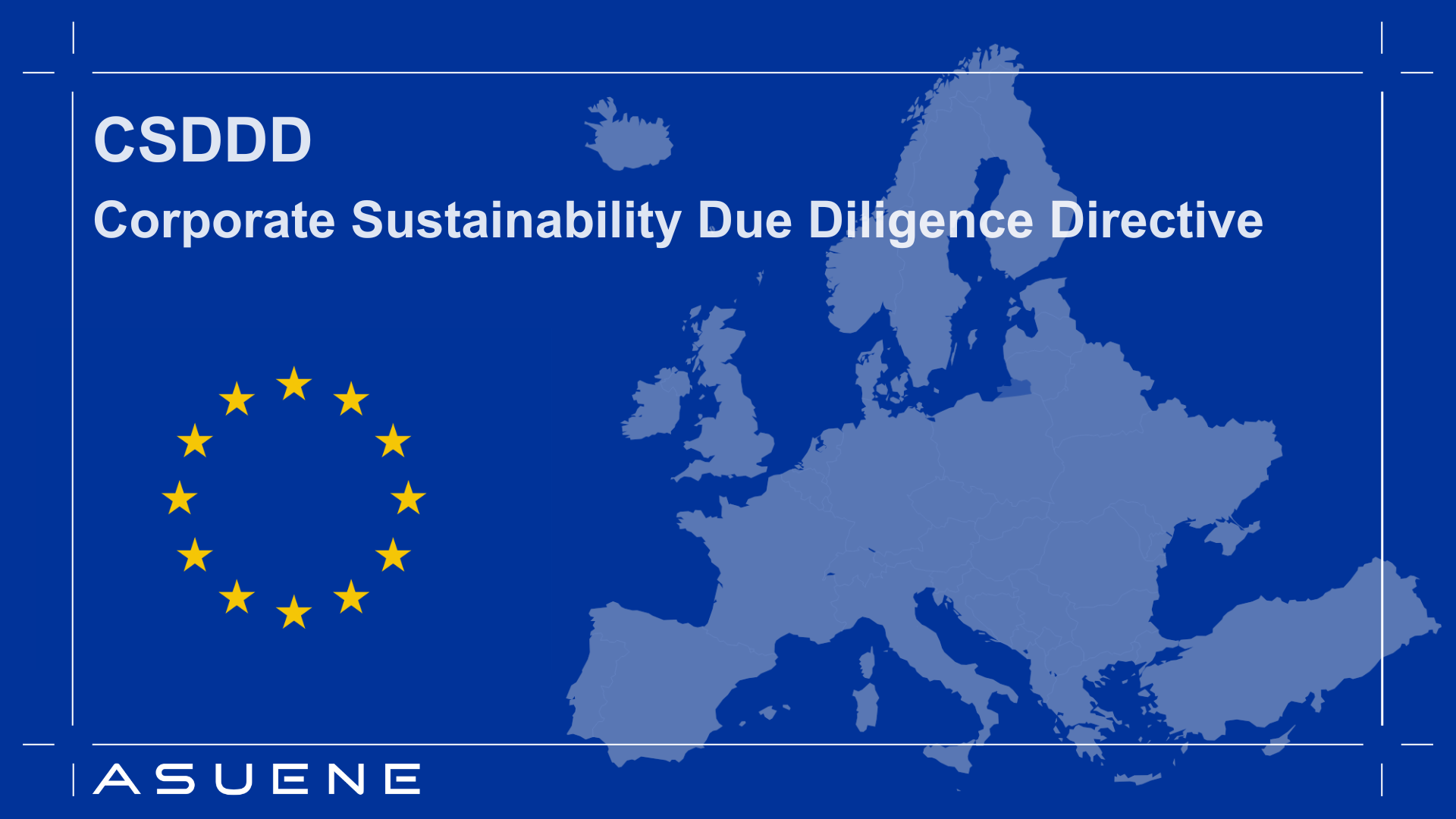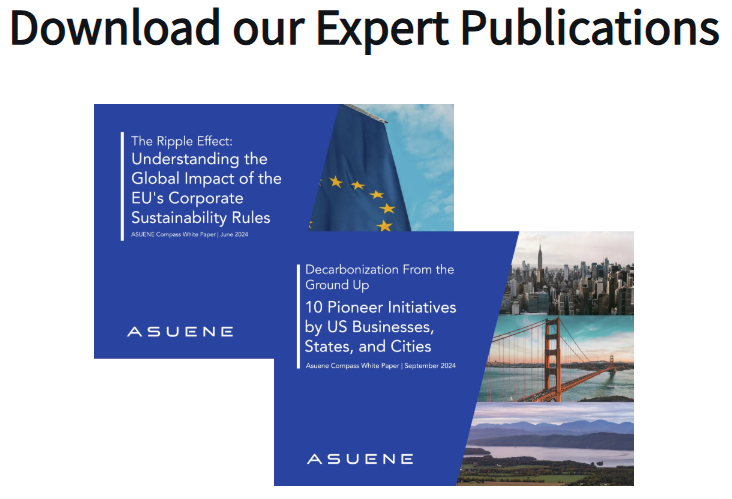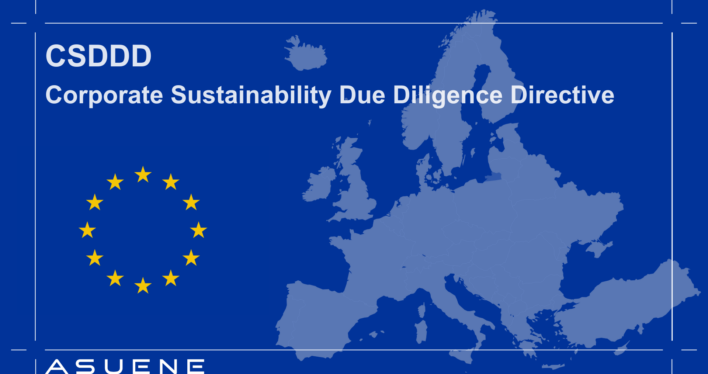- Article Summary
-
The Corporate Sustainability Due Diligence Directive (CSDDD) is a major piece of European Union legislation designed to ensure that companies actively manage and address sustainability risks within their operations and supply chains. It sets out requirements for companies to identify, prevent, mitigate, and account for any adverse human rights or environmental impacts related to their business activities.

What is the CSDDD?
The CSDDD is a directive that focuses on corporate responsibility regarding environmental and social risks. It builds upon existing frameworks for human rights and environmental governance and introduces legal obligations for companies to engage in due diligence processes to identify, prevent, and mitigate risks in their operations and supply chains.
Key Requirements of the CSDDD
Other Considerations
- Industry-specific Requirements: The directive applies stricter requirements to sectors with high environmental and social risks, such as mining, manufacturing, and agriculture.
- Non-EU Companies: Non-EU companies with supply chains in the EU will also be affected, meaning that any company with significant operations in the EU market must comply with CSDDD requirements.
a. Scope of Application
The CSDDD applies to large companies operating within the EU, as well as non-EU companies that have substantial operations in the EU market. The directive covers a wide range of sectors, particularly those with higher exposure to supply chain risks, including the extractive, manufacturing, and agriculture sectors.
b. Due Diligence Obligations
Under the CSDDD, companies are required to:
- Conduct risk assessments: Identify human rights and environmental risks across their operations and supply chains.
- Establish and maintain a due diligence process: Implement policies and procedures to address identified risks, including mitigation and remediation actions.
- Disclose information: Publicly report on how they are managing and mitigating risks, and how they ensure compliance with sustainability obligations.
c. Enforcement and Liabilities
The CSDDD establishes mechanisms for monitoring compliance, including the possibility of penalties for non-compliance. Companies will need to demonstrate that they have carried out due diligence and taken appropriate actions to mitigate any adverse impacts.
Timeline for Implementation
The CSDDD is expected to come into effect in the coming years, with companies required to align their practices with the directive by a specified deadline. Companies will need to prepare for compliance by revising their due diligence processes and ensuring their supply chains meet the required sustainability standards.
Benefits of CSDDD Compliance
a. Enhanced Risk Management
By identifying and addressing risks early on, companies can reduce the potential for legal, financial, and reputational damages. The due diligence process will enable companies to better manage environmental and human rights issues within their operations and supply chains.
b. Increased Trust and Reputation
Complying with the CSDDD demonstrates a company’s commitment to ethical business practices, fostering greater trust among consumers, investors, and other stakeholders. Companies that adhere to these sustainability principles are more likely to enhance their reputation and build stronger relationships with partners and customers.
c. Improved Sustainability Practices
The CSDDD encourages companies to adopt more sustainable practices, contributing to long-term environmental and social benefits. Companies will be better equipped to manage supply chain disruptions and ensure the sustainability of their operations in the face of emerging global challenges.
Challenges and Considerations
a. Resource Requirements
Implementing the due diligence processes required by the CSDDD may require significant resources, particularly for companies with large, complex supply chains. Companies will need to invest in tools, expertise, and systems to meet the requirements of the directive.
b. Data Collection and Transparency
Effective due diligence requires robust data collection processes, especially in relation to supply chain transparency. Companies may need to improve their data management systems and establish clearer reporting mechanisms to ensure accurate and timely disclosures.

How ASUENE Can Support CSDDD
- Supply Chain Due Diligence: Identify, monitor, and mitigate human rights and environmental risks in your supply chain, ensuring compliance with CSDDD obligations.
- Risk Assessment Tools: Leverage our advanced software to evaluate risks and identify gaps in your operations and value chain.
- Transparency and Traceability: Track and document supply chain practices to ensure alignment with CSDDD’s due diligence requirements.
- ESG Data Collection and Reporting: Automate the collection of critical ESG data to meet CSDDD reporting standards and support your sustainability goals.
- Customizable Action Plans: Develop tailored action plans to address identified risks and enhance the overall sustainability of your business practices.
Why Partner With ASUENE?
- Comprehensive Solutions: From risk identification to remediation strategies, we offer end-to-end support tailored to the CSDDD.
- Efficiency and Accuracy: Streamline due diligence processes, reduce manual effort, and ensure reliable compliance with the directive.
- Proven Expertise: With a global client base of over 10,000 businesses, ASUENE brings unparalleled experience in sustainability and regulatory compliance.
By partnering with ASUENE, your business can confidently meet the CSDDD’s requirements while positioning itself as a leader in responsible and sustainable operations.
Take the Lead in Corporate Sustainability
Visit our website to learn how ASUENE can help you navigate the Corporate Sustainability Due Diligence Directive. From supply chain transparency to ESG data management and risk assessment, we provide the tools and expertise to drive meaningful change. Contact us today for a tailored consultation and ensure your business is prepared for the future of sustainable corporate responsibility.
